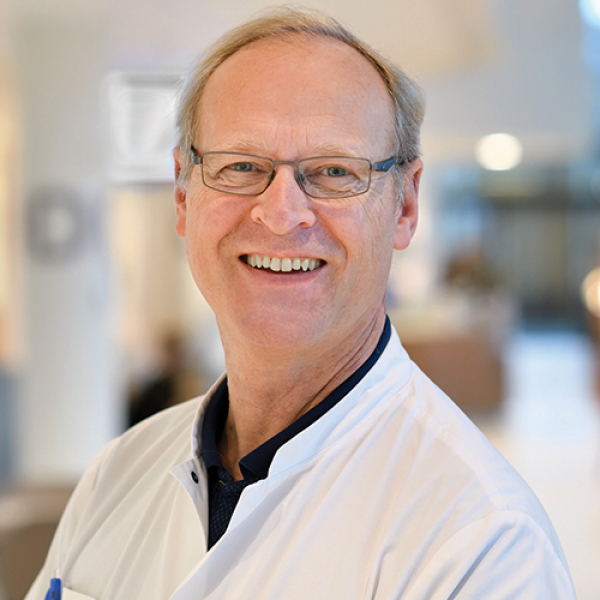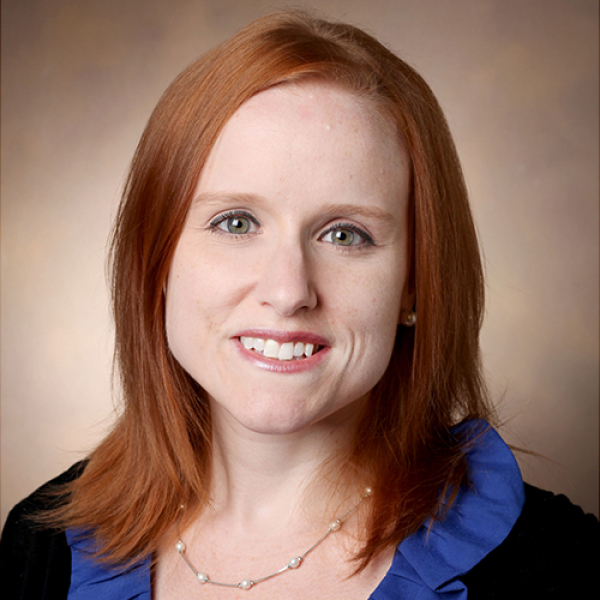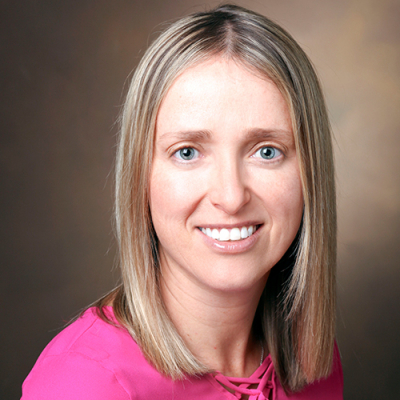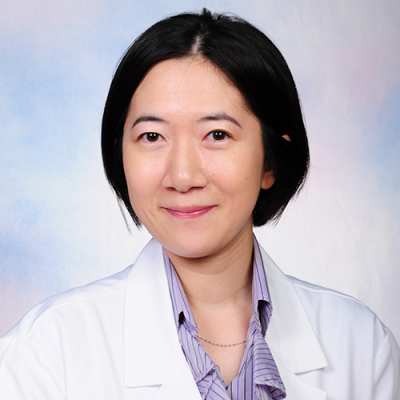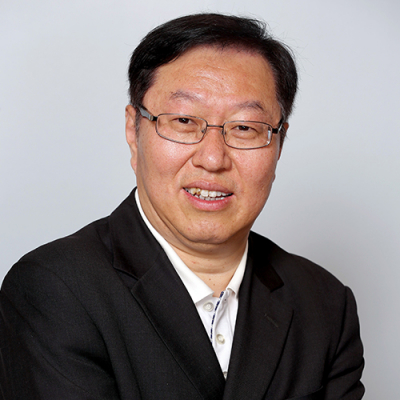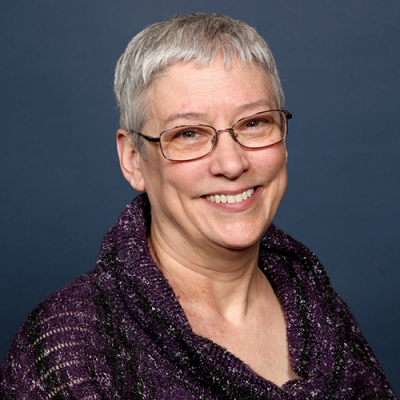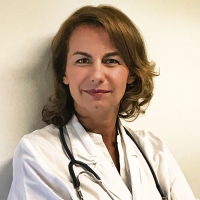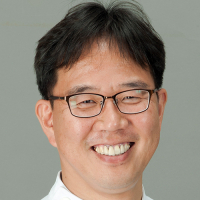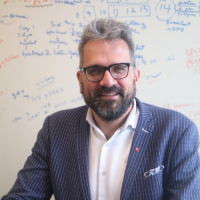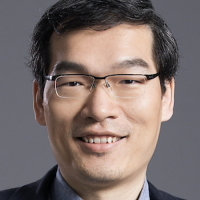 Conference Speakers
Conference Speakers
Cultural Speakers
Cultural practices, beliefs, and norms play a very important role not only in delivering health care to clients and patients, but also in how that health care is received and what outcomes are possible. Diversity within those beliefs and practices, and as a result of available resources or social economic/demographic circumstances, must be fully understood in order for health care professionals to provide the best care possible no matter where they are in the world, or what culture they are practicing within.
At GOLD Perinatal Care, we understand the importance of Culture and Diversity in health care, and we are working hard to bring you speakers and presentations from around the world that will help you understand the patients and clients you are working with. Discovering how health care is provided and received in other countries and cultures around the world can have a positive impact on our own professional practice. Given that culture is defined by much more than political borders, GOLD Perinatal Care invites speakers to share their knowledge and expertise about perinatal health care from a geographically-based focus or a people-group focus from within a particular set of beliefs, lifestyle or minority. This year, our Culture and Diversity speakers will be presenting on:
 Dr. Speakers Full Name
Speaker Credentials
Dr. Speakers Full Name
Speaker Credentials

Annet Mulder first became interested in breastfeeding in the year 2000, when she became a mother for the first time. During and because of her own breastfeeding experiences, in 2002 she became a volunteer with the Dutch breastfeeding Organization and in 2008 sat for and passed the exam administered by the International Board of Lactation Consultant Examiners. As an International Board Certified Lactation Consultant, she now
Annet Mulder first became interested in breastfeeding in the year 2000, when she became a mother for the first time. During and because of her own breastfeeding experiences, in 2002 she became a volunteer with the Dutch breastfeeding Organization text text text text more name mulder first became interested in breastfeeding in the year 2000, when she became.
 Dr. Speakers Full Name
Speaker Credentials
Dr. Speakers Full Name
Speaker Credentials

Speakers (5191)
As a medical oncologist, I have made research in precision medicine and in immuno-oncology. My main research interests have been mainly the development of new drugs and therapeutical strategies and biomarkers. I am the Chair of TYME (Italian network for research of thymic malignancies). I have contributed to over 200 peer-reviewed publications, including publications as first or last author in the New England Journal of Medicine, Lancet Oncology, Journal of Clinical Oncology, and Annals of Oncology. I had several presentations at international congresses (ASCO, ESMO, ECCO, WCLC, and AACR). In the last five years, I was able to attract several grants (AIFA, AIRC, ERA-NET TRANS CAN, Berlucchi, and MISP from pharma companies, etc).
My education includes the degree and further specialization in Medical Oncology at the University of Study of Milan (110/110 cum laude) in 1995. I completed my training with an ESMO Clinical fellowship in 2009 at Christie's Hospital in Manchester (UK). I have been a member of EMA SAG (Scientific Advisory Group).
I am serving as ESMO Council and Chair of National Societies. I have been ESMO Italian National Representative for 5 years (2011-2017). I'm a member of several ESMO Taskforces (Public Policy extended Committee, Press Committee, and Women for Oncology). I am serving as ASCO Faculty Lung Cancer Track. I am the founder and honorary president of Women for Oncology Italy.
Nevan Krogan, PhD, is a molecular biologist, UC San Francisco professor, and director of the intensely interdisciplinary Quantitative Biosciences Institute (QBI) under the UCSF School of Pharmacy. He is also a senior investigator at the Gladstone Institutes.
He led the work to create the SARS-CoV-2 interactome and assembled the QBI Coronavirus Research Group (QCRG), which includes hundreds of scientists from around the world. His research focuses on developing and using unbiased, quantitative systems approaches to study a wide variety of diseases with the ultimate goal of developing new therapeutics.
Nevan serves as Director of The HARC Center, an NIH-funded collaborative group that focuses on the structural characterization of HIV-human protein complexes. Dr. Krogan is also the co-Director of three Cell Mapping initiatives, the Cancer Cell Mapping Initiative (CCMI), the Host Pathogen Map Initiative (HPMI) and the Psychiatric Cell Map Initiative (PCMI). These initiatives map the gene and protein networks in healthy and diseased cells with these maps being used to better understand disease and provide novel therapies to fight them.
He has authored over 250 papers in the fields of genetics and molecular biology and has given over 250 lectures and seminars around the world. He is a Searle Scholar, a Keck Distinguished Scholar and was recently awarded the Roddenberry Prize for Biomedical Research.
Tiannan Guo received training of clinical medicine in Tongji Medical College, Huazhong University of Science and Technology (1999-2006), and biology in Wuhan University (2001-2005), before he moved to Singapore for PhD training in cancer proteomics in the laboratories of Dr. Newman Sze in Nanyang Technological University and Dr.Oi Lian Kon in National Cancer Centre Singapore (2008-2012). In 2012, Tiannan started his postdoctoral training in the laboratory of Dr. Ruedi Aebersold in ETH Zurich. In March 2017, Tiannan relocated to ProCan, Children’s Medical Research Institute, The University of Sydney as the Scientific Director. Since August 2017, he became a Tenure Track Assistant Professor in Westlake University, Hangzhou, China. The Guo lab (www.guomics.com) focuses on advancing proteomics technologies for clinical cohort studies.

